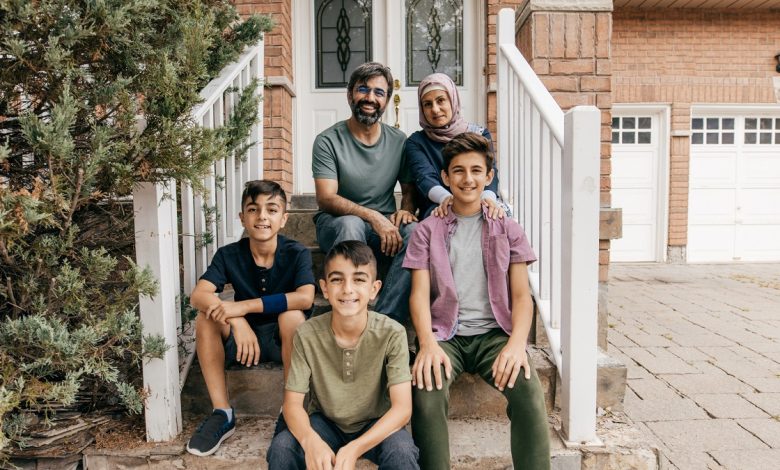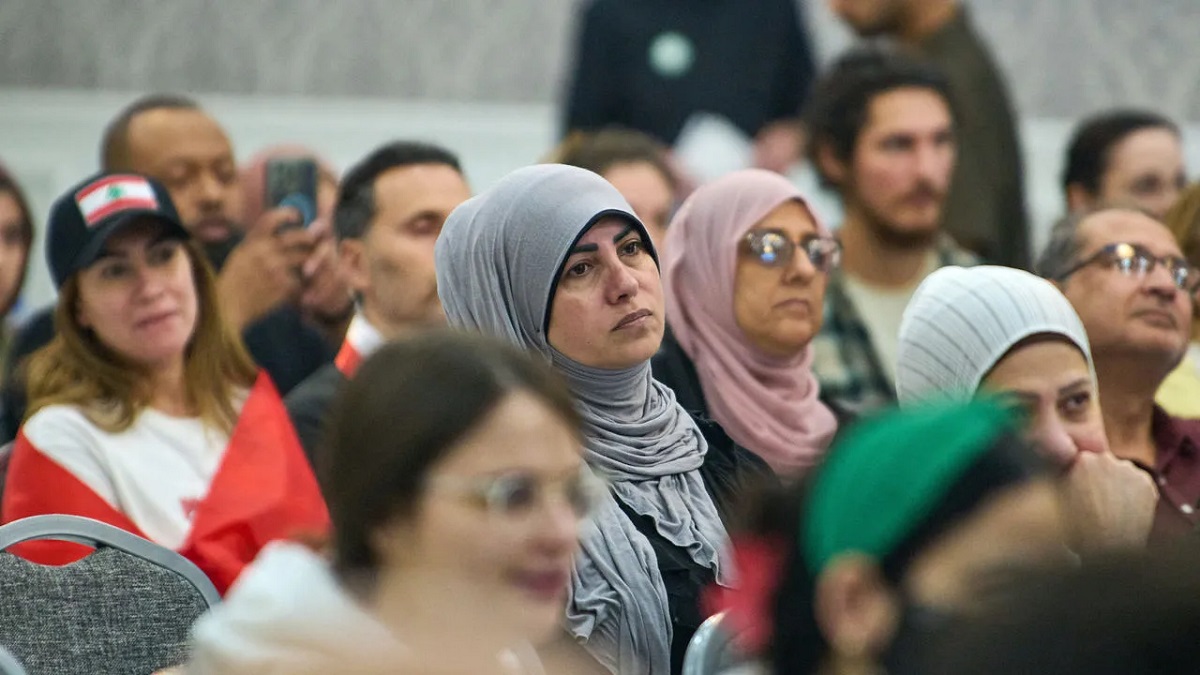Do Arab Muslims Own Homes in the U.S.? Exploring Housing Trends Among Muslim Communities
From Homeownership to Rentals: How Arab and Muslim Americans Navigate Housing in the United States.

The Arab and Muslim communities in the United States are diverse, growing, and increasingly economically active. One common question is whether they tend to own single-family homes or rent apartments. The answer depends on several factors including immigration status, income, location, and how long they’ve been in the country. But overall, there is a strong trend toward homeownership, especially among long-established Arab and Muslim families.
1. High Rates of Homeownership in Established Communities
In cities like Dearborn (Michigan), Paterson (New Jersey), Anaheim (California), and Bridgeview (Illinois)—where large Arab and Muslim populations have been living for decades—homeownership is common. Many families, especially from Lebanese, Palestinian, Iraqi, Yemeni, and Syrian backgrounds, own single-family houses with backyards, garages, and even guest rooms for extended family.
-
In Dearborn, over 60% of Arab households own homes.
-
Many homes are passed down across generations or purchased through community financing options.
-
Mosques and Islamic centers are often nearby, creating cohesive neighborhoods.

2. Recent Immigrants and Newcomers Often Rent
For new arrivals, especially students, refugees, or workers on temporary visas, renting apartments is more common. These rentals are often:
-
Located near universities, job centers, or major cities like New York, Chicago, and Los Angeles.
-
Shared among multiple family members or roommates to reduce costs.
-
Seen as temporary until savings allow for a home purchase.
Once these newcomers become financially stable and secure permanent residency or citizenship, many begin to save for down payments and enter the real estate market.
3. Cultural Preference for Homeownership
In many Arab and Muslim cultures, owning a home is seen as a sign of stability, dignity, and family honor. This mindset encourages even lower-income families to prioritize buying a home as soon as possible.
-
Community-based savings and lending circles (like “جمعية” or cooperative savings groups) often help with down payments.
-
Islamic financing options (that avoid interest or “riba”) are growing in popularity for Muslim homeowners.
4. Islamic Mortgage Alternatives and Halal Financing
Traditional U.S. mortgages involve interest, which many Muslims avoid due to religious reasons. In response, several Islamic financing companies now offer Sharia-compliant home buying options:
-
Companies like Guidance Residential, Ijara Loans, and Devon Bank provide interest-free or profit-sharing models.
-
These allow Muslim buyers to feel spiritually comfortable while securing long-term property investments.

5. Apartment Living in Urban Areas
In major cities with high living costs—like New York City, San Francisco, or Washington D.C.—even well-established Arab Muslims often live in apartments, due to:
-
High property prices.
-
Proximity to mosques, Halal restaurants, and cultural communities.
-
Access to jobs and public transportation.
These apartments may be rented or purchased as condos, especially among professionals and dual-income families.
Yes, many Arab and Muslim families in the U.S. do own their own homes, particularly in long-established communities like Dearborn, Bridgeview, and parts of New Jersey and Southern California. At the same time, renting remains common among students, newcomers, and families living in high-cost cities.
Overall, homeownership continues to rise among Arab and Muslim Americans—driven by cultural values, economic progress, and the growth of Sharia-compliant financing.



